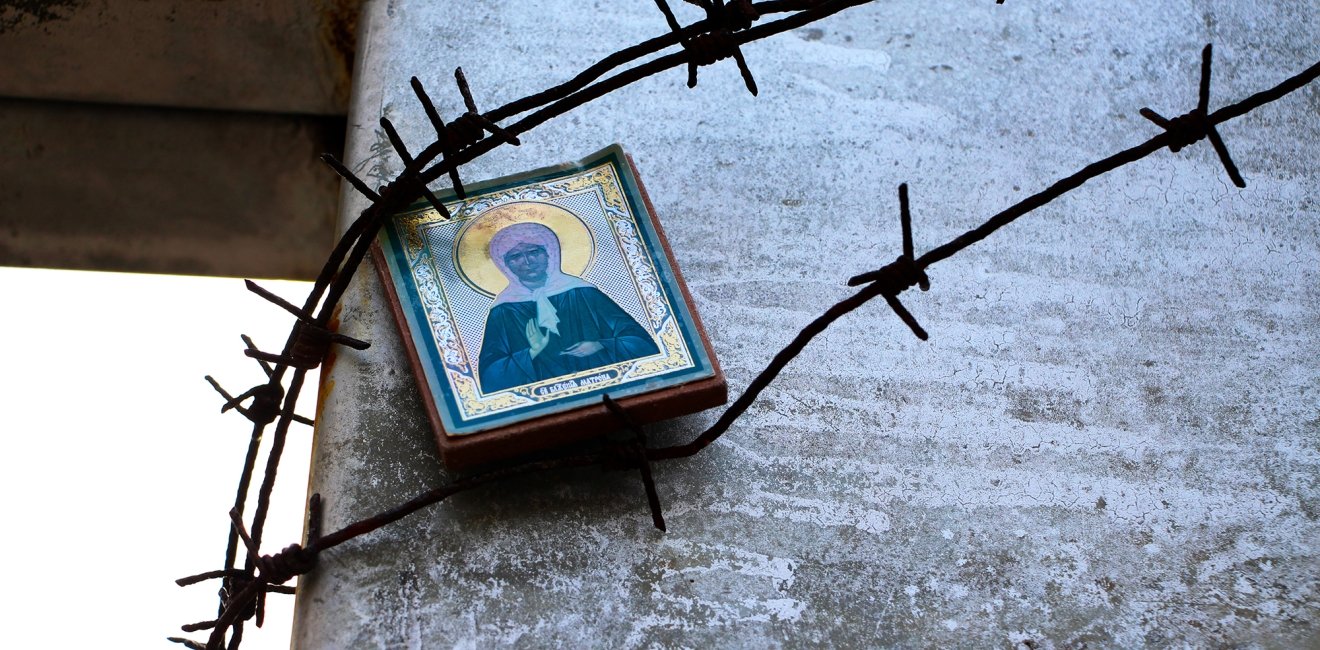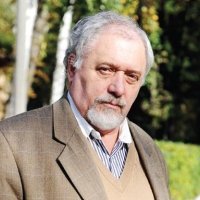
A blog of the Kennan Institute
BY SEMEN GLUZMAN
Today Ukraine is a problematic democracy. We share many problems with other democratic states: inefficacy of government, misuse of public posts for personal gain, attempts to destroy cultural and ideological pluralism, one-sided partisan mass media, and neoliberal destruction of the public health system, to name a few. But one problem is unique to Ukraine and its post-Soviet neighbors: we have a totalitarian past, and its elements influence current politics. Whatever else we do by way of political competition and ideological debate, we should not let the past be repeated.
I state this precaution for very personal reasons. Several days ago, a friend presented me with a little fragment of my past. It is a small text that my co-prisoners and I wrote as part of regular messages in the Soviet prison samizdat. Back then, in 1974, our small group of political prisoners wrote those messages to create something we called “The Gulag Archipelago Continued. The Chronicles of Zone 35.” In a way, we contributed to extending the mission of Solzhenitsyn’s Gulag Archipelago, since we already saw how, after its publication, it had an enormously destructive impact on Gulag practices. Our group consisted of Soviet Ukrainian dissidents—Ivan Svitlychny, Valery Marchenko, Ihor Kalynets, and myself.
Believe it or not, it was easy to write our chronicles. Almost every day I hid the pieces of paper with our thoughts and observations in the newly produced bags for chainsaws. At the time, I worked in the prison shop where these bags were sewn. Valery Marchenko worked at a nearby table. There were many other prisoners with us, including soldiers of the Ukrainian Insurgent Army.
I wrote short pieces on long thin paper strips, with small, accurate, readable letters. My comrades managed to write even longer texts on these paper strips. Usually it fell to me to pack the messages in the bags in such a way that they would not be seen by the prison guards or their agents among us. And then our texts – with different but sincere and honest opinions and accounts – were released from our penal zone into the free world.
Later, we got to know how sensitive and harmful our chronicles proved to be for Communist Party General Secretary Leonid Brezhnev and head of the KGB Yuri Andropov. They closed us down. They moved us to a secure and isolated zone in the Ural forests. And yet we had been able tell our compatriots and the world about Soviet prison life and resistance.
No nation is safe from the threat of the past returning. Sometimes the past breaks through into the present. Just look at Brexit, look at what is happening in India with the rise of Hindu nationalism, or the illiberal turn in Eastern and Central Europe. This past is indeed damaging, but sooner or later one can deal with it. However, if Ukraine’s past returns, it can be irreversibly harmful to us and many other nations. I hope none of my younger compatriots will ever be in need of continuing our chronicle.
The opinions expressed in this article are those solely of the author and do not reflect the views of the Kennan Institute.
Author

Kennan Institute
After more than 50 years as a vital part of the Wilson Center legacy, the Kennan Institute has become an independent think tank. You can find the current website for the Kennan Institute at kennaninstitute.org. Please look for future announcements about partnership activities between the Wilson Center and the Kennan Institute at Wilson Center Press Room. The Kennan Institute is the premier US center for advanced research on Eurasia and the oldest and largest regional program at the Woodrow Wilson International Center for Scholars. The Kennan Institute is committed to improving American understanding of Russia, Ukraine, Central Asia, the South Caucasus, and the surrounding region through research and exchange. Read more

Explore More in Focus Ukraine
Browse Focus Ukraine
Talking to the Dead to Heal the Living

Ukrainian Issue in Polish Elections



